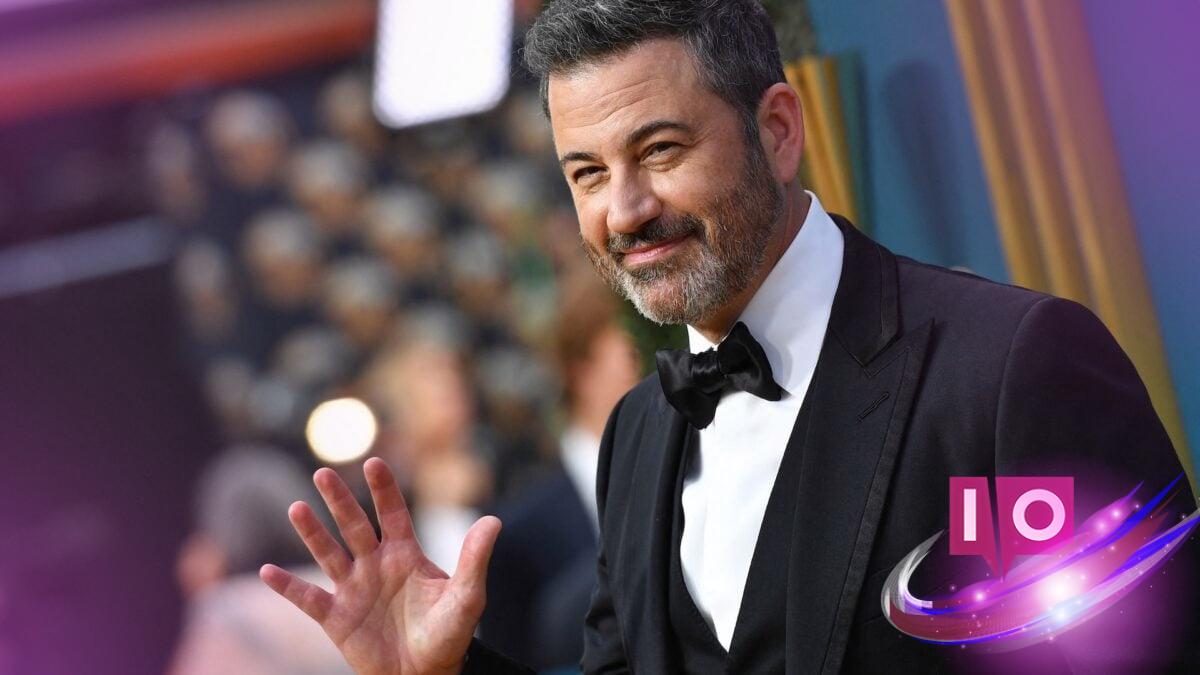In a surprising turn of events, comedian Jimmy Kimmel found himself in the crosshairs of a growing tension between media personalities and political figures. On September 17, 2025, news surfaced that ABC has suspended Jimmy Kimmel Live! indefinitely, leading many to wonder what sparked this decision. After scrutinizing Kimmel’s recent monologue, I discovered that the purported offense stemmed from only a brief portion of his show.
This isn’t just about comedy; it’s about the implications for media freedom and our cultural discourse. If a late-night host is censored for making light of political events, what does this mean for comedians and media platforms going forward?
Understanding the Context of Kimmel’s Suspension
For those unaware, the controversy ignited after Kimmel’s remarks regarding the death of political figure Charlie Kirk, who was tragically murdered in Utah. Supporters of Trump accused Kimmel of making insensitive jokes about the incident, but after watching the monologue, it was challenging to pinpoint exactly what warranted the outrage.
The One-Minute Controversy
Kimmel’s comments in question lasted about one minute during a broadcast on September 15. In the portion that critics highlight, Kimmel commented on the political maneuvers surrounding Kirk’s murder, humorously questioning how someone could prioritize construction over mourning a friend. However, many of the accusations appear exaggerated.
Kimmel: “Yes, he’s at the fourth stage of grief, construction… This is not how an adult grieves the murder of someone he called a friend.”
Despite the uproar among some political circles, it’s worth noting that Kimmel didn’t directly label the perpetrator, Tyler Robinson, as a Trump supporter. The discontent seems largely driven by the right’s defensive stance rather than Kimmel’s content itself.
Tracing Trump’s Influence
Understanding Trump’s role in Kimmel’s ousting is pivotal. After earlier expressing delight over Stephen Colbert’s cancellation, Trump hinted that Kimmel would be next, deriding Kimmel’s talent. His egregiously high standards seem reserved for those outside his favored circles.
The Broader Implications for Media and Comedy
It’s essential to reflect on the message sent by this incident. With FCC Chair Brendan Carr hinting at possible actions against Kimmel, it raises questions about the limits of comedic expression. Are late-night hosts at the mercy of political whims? Should this situation worry those of us who appreciate the balance of critique in comedy?
The chilling effect on free speech isn’t just hypothetical; it’s being felt across the media landscape. As Kimmel’s show was shelved, pressure increased from local affiliates demanding Kimmel apologize and donate to a political organization, further highlighting the political stakes at play.
What’s Next for Jimmy Kimmel?
What does this mean for Kimmel’s future and other comedians? The risk of self-censorship looms larger than ever. If comedians can’t riff on political figures without facing backlash, will we lose a vital part of political discourse?
Will this incident lead to a more sanitized version of late-night television? As Kimmel’s fate hangs in the balance, the potential for more cancellations underscores the need for robust discussions about media representation and artistic freedom.
How can comedians navigate an increasingly polarized political environment? It requires an adaptive strategy that balances humor with insight. Kimmel has previously showcased resilience, often using comedy to address serious subjects, inspiring both laughter and thought.
Is there a broader trend of censorship in comedy?
The emergence of censorship in media, particularly targeting comedians, signals a worrying trend. It’s more than just a single incident; it’s the beginning of a cultural shift that could stifle creativity and free expression across various platforms.
What can viewers do in response to these events?
As consumers of media, it’s vital to support creators who challenge the status quo. Following Kimmel’s ongoing career and engaging with content that promotes a variety of voices is crucial for ensuring comedy remains a bastion of free speech.
What potential consequences could occur if comedians continue to face censorship? The landscape could shift dramatically, leading to a less vibrant cultural commentary that fails to hold power accountable.
This is a pivotal moment not just for Kimmel but for media as a whole. By voicing support for comedic freedom and examining the implications of political power in media, we can advocate for a future where humor continues to play a crucial role in our society.
If you want to explore more about how media and politics intersect, check out additional content at Moyens I/O.
